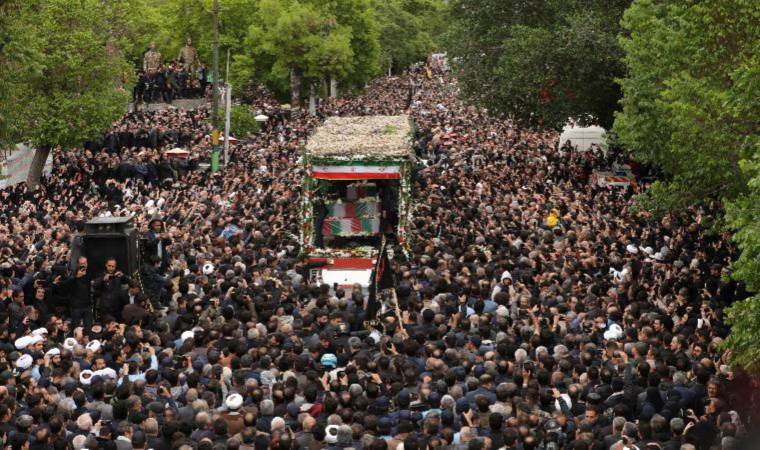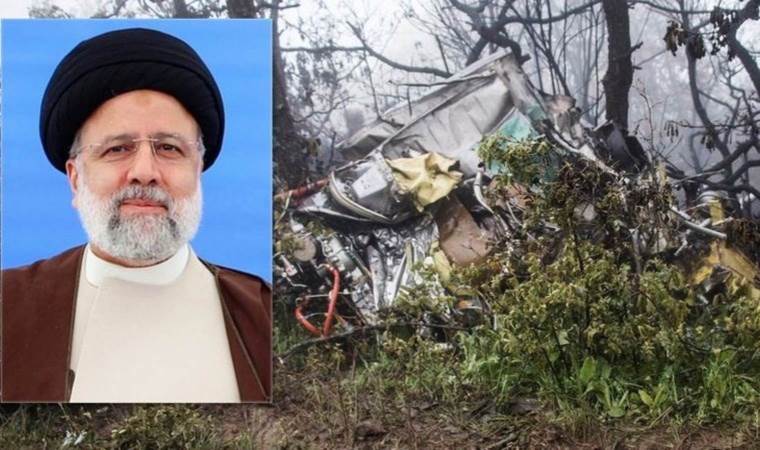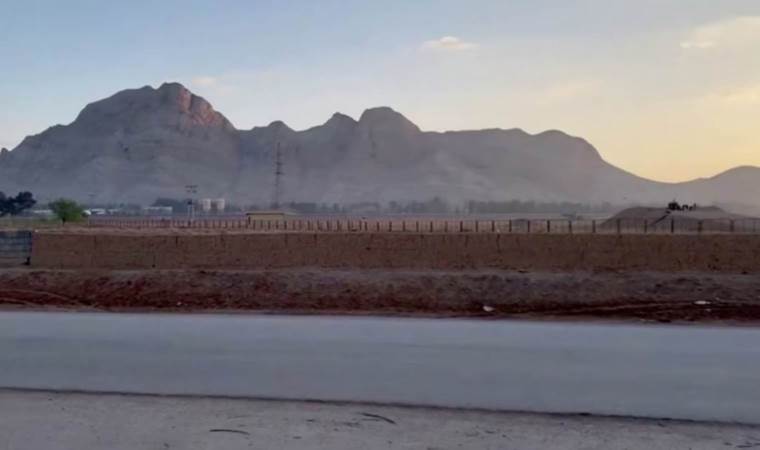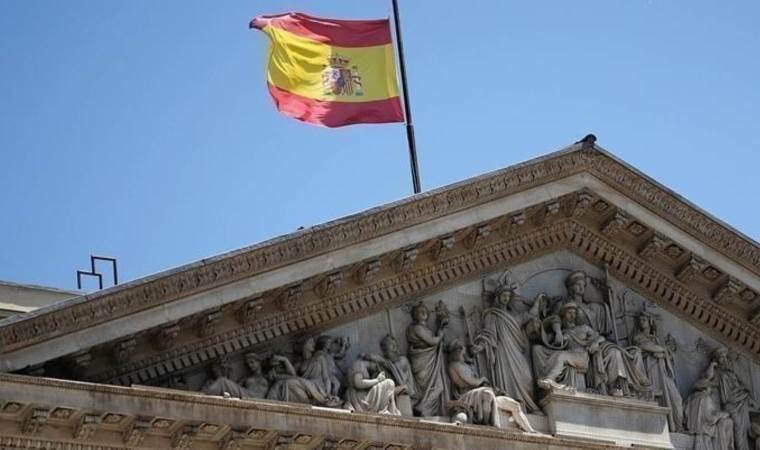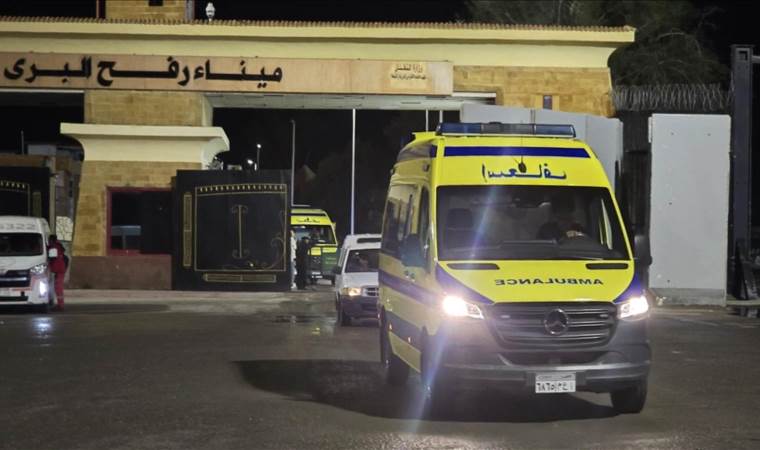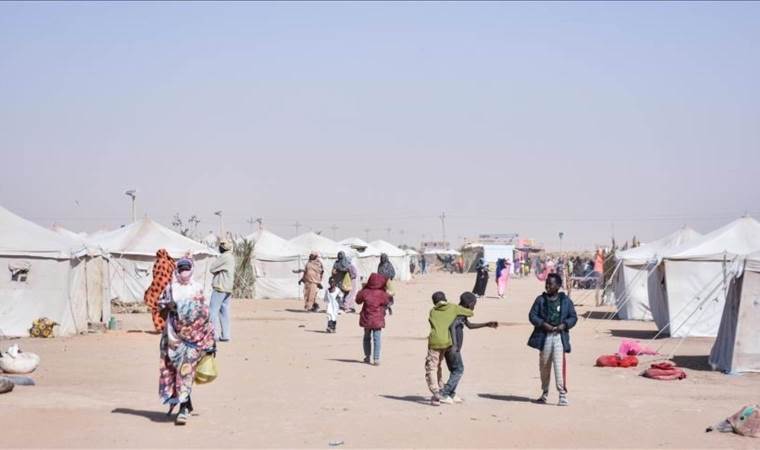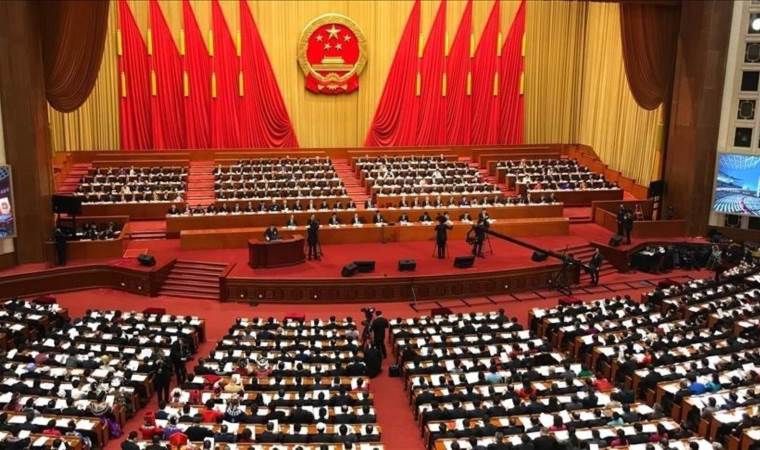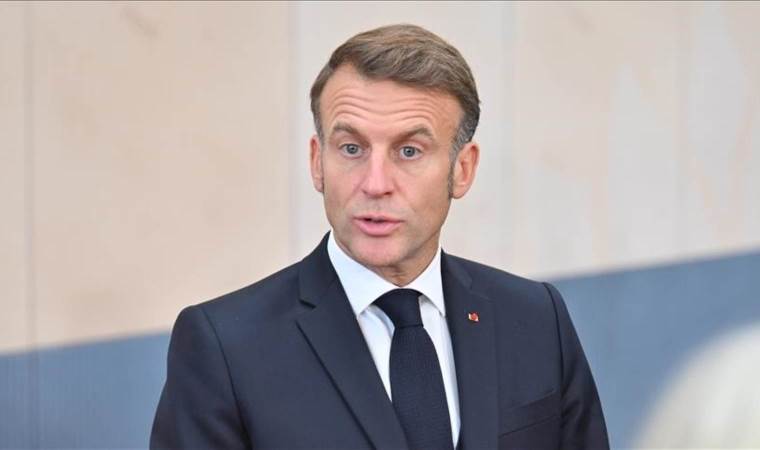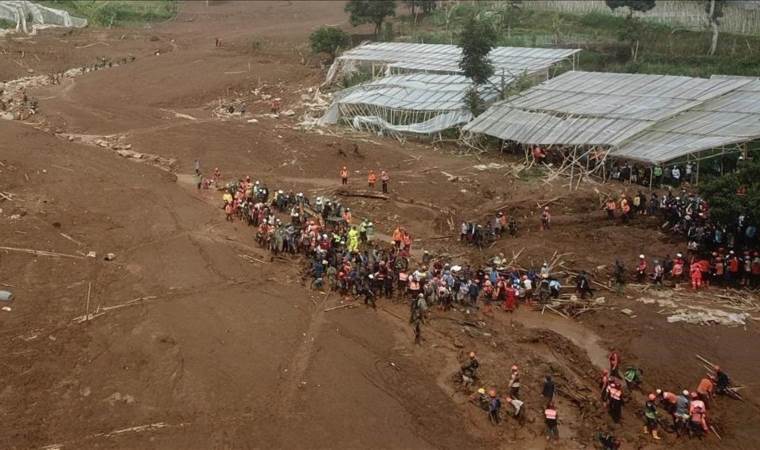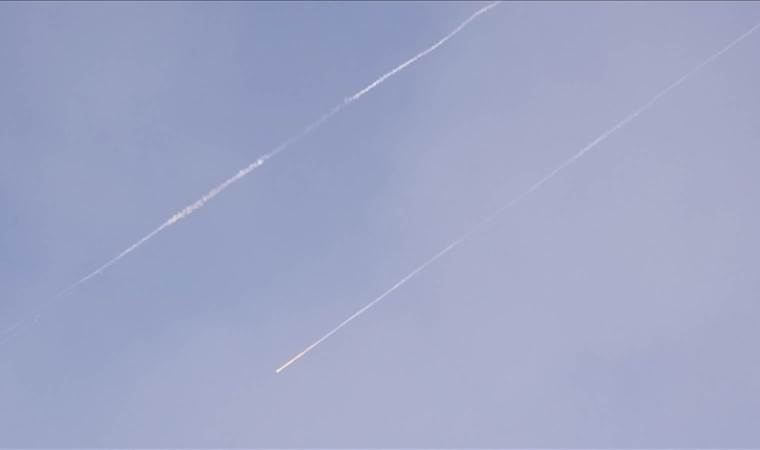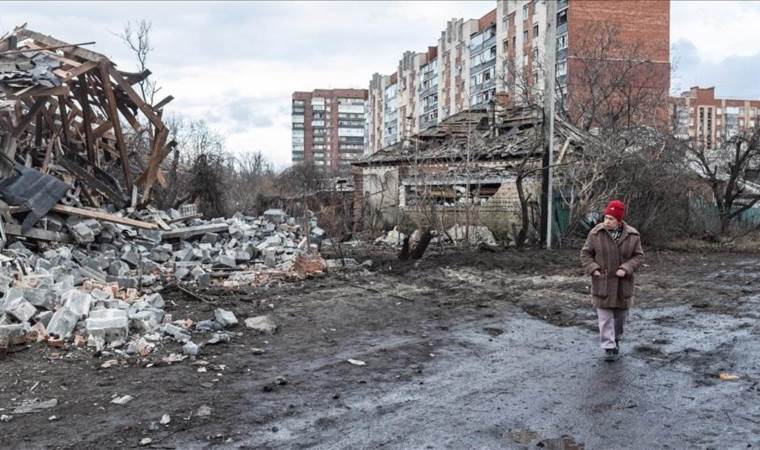Iran is headed for election: What now?
After Iran's late president Ebrahim Raisi's helicopter crash which resulted in his death, Iran is headed for a new election. Here is all you need to know about the political future of Iran.
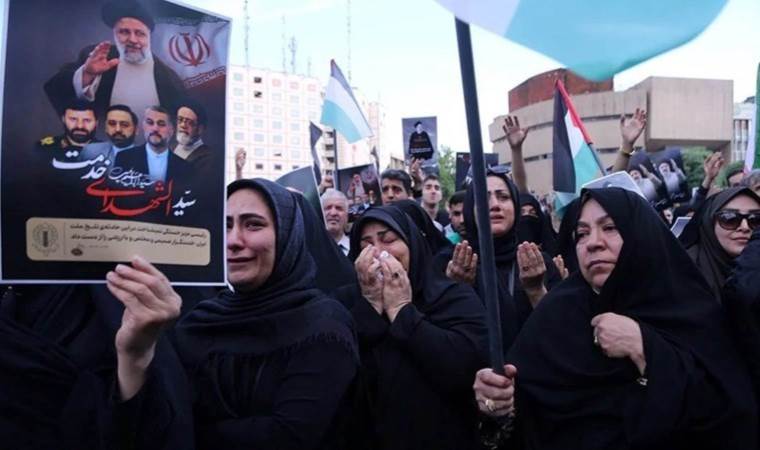
On May 19, Iran's 8th President, Ebrahim Raisi, met with Azerbaijan's leader, Ilham Aliyev, to jointly inaugurate the Giz Galasi Dam, built between 1999 and 2008 on the Aras River at the Iran-Azerbaijan border.
Despite adverse weather conditions, Raisi used a helicopter to return from the visit. He was accompanied by eight people, including Iranian Foreign Minister Hossein Amir-Abdollahian. The helicopter, carrying the crew, crashed near the city of Verzigan in East Azerbaijan Province around 1 p.m.
Following the incident, which shocked the world, search and rescue operations were launched. However, due to heavy fog, cold weather, and wind, the helicopter's wreckage was only found later that evening.
The next day, with the assistance of a Turkish drone, the bodies were recovered. It was confirmed that everyone on board, including President Raisi, had perished. Subsequently, Iran's First Vice President Mohammad Mokhber became the 'acting president,' and Deputy Foreign Minister Ali Bagheri Kani was appointed interim Foreign Minister.
HOW DOES IRAN'S ELECTION SYSTEM WORK?
According to Article 114 of the Constitution of the Islamic Republic of Iran, the president is elected by popular vote every four years. The president holds the second most important position in the country, after the Supreme Leader.
The Supreme Leader, according to the country's political system, is the head of Iran and the highest political and religious authority. He also controls the armed forces and the judiciary.
Current Supreme Leader Ali Khamenei holds the ultimate decision-making power in Iran. Every citizen over the age of 18 can vote in elections, and those who adhere to Shia Islam and show ideological loyalty to the state can run for the presidency. While the Constitution does not explicitly prohibit women from running, they are often excluded by the Guardian Council.
Candidates approved by the Guardian Council are presented to the public for voting. The candidate who receives more than 50% of the votes wins the election. If no candidate achieves this, a runoff election is held the following Friday.
Once a president is elected, the Supreme Leader signs the appointment decree. During the inauguration, the president swears to uphold Islam, the Constitution, and the Islamic Republic.
WHEN WILL THE ELECTION BE HELD?
Currently, acting president Mohammad Mokhber, according to the Iranian News Agency (IRNA), has met with Parliament Speaker Mohammad Bagher Ghalibaf and Judiciary Chief Gholam-Hossein Mohseni-Ejei to discuss the presidential election date. It has been announced that the presidential election will take place on June 28. If Raisi had not died, the elections would have been held in 2025 as scheduled.
WHAT AWAITS THE NEW PRESIDENT?
The new president will lead the country amid high tensions between Israel and Iran related to the Israel-Hamas conflict. During Raisi's term, a significant protest wave erupted following the death of 22-year-old Mahsa Amini, who died in police custody after being detained by the morality police.
Raisi was known for his strict adherence to the regime. Before Amini's death, he had tightened Iran's dress and chastity laws.
Iran's economic situation is also bleak. Inflation is above 40%, and the currency is devaluing. Since 2012, the U.S. and EU have imposed financial sanctions on Iran to curb its nuclear weapons capacity, while Russia and China continue trade relations with Iran, ignoring the sanctions.
WHO ARE THE POTENTIAL CANDIDATES?
Candidates wishing to run for the presidency must apply between May 30 and June 3.
Potential candidates include Parliament Speaker Mohammad Bagher Ghalibaf, who ran in the 2005, 2013, and 2017 presidential elections, former Foreign Minister Mohammad Javad Zarif, who believes the U.S. was behind the helicopter crash, and former President Mahmoud Ahmadinejad (2005-2013). Current acting president Mokhber is also a potential candidate.
Ahmadinejad's candidacy was vetoed by the Guardian Council in both the 2017 and 2021 elections. With Supreme Leader Khamenei being 85 years old, questions about his successor also loom large.
WILL ANYTHING CHANGE IN IRAN?
Elections in Iran are increasingly conducted by a disillusioned populace who feel detached from the voting process, leading to decreasing voter turnout. This trend is largely due to the system's ability to easily exclude potential political leaders.
While Raisi's death might temporarily ease opposition, the new president is expected to be another regime supporter, indicating no major political shifts.
In the latest parliamentary elections on March 1, 2024, voter turnout was 41%. It was 42.5% in the February 2020 parliamentary elections and 62% in February 2016.
Most Read News
-
 Spain says Musk poses ‘threat to democracy’ after attack
Spain says Musk poses ‘threat to democracy’ after attack
-
 Israel cancels coordination for patient evacuations from
Israel cancels coordination for patient evacuations from
-
 Trump administration to present Sudan peace plan to ‘Boa
Trump administration to present Sudan peace plan to ‘Boa
-
 All eyes on Standing Committee amid probe against 2 Chin
All eyes on Standing Committee amid probe against 2 Chin
-
 France working to resume dialogue with Russian president
France working to resume dialogue with Russian president
-
 Death toll in Indonesian landslide climbs to 85 as searc
Death toll in Indonesian landslide climbs to 85 as searc
-
 Israeli army conducts simulated Iranian attack drill inv
Israeli army conducts simulated Iranian attack drill inv
-
 2nd round of trilateral talks on Russia-Ukraine war begi
2nd round of trilateral talks on Russia-Ukraine war begi
